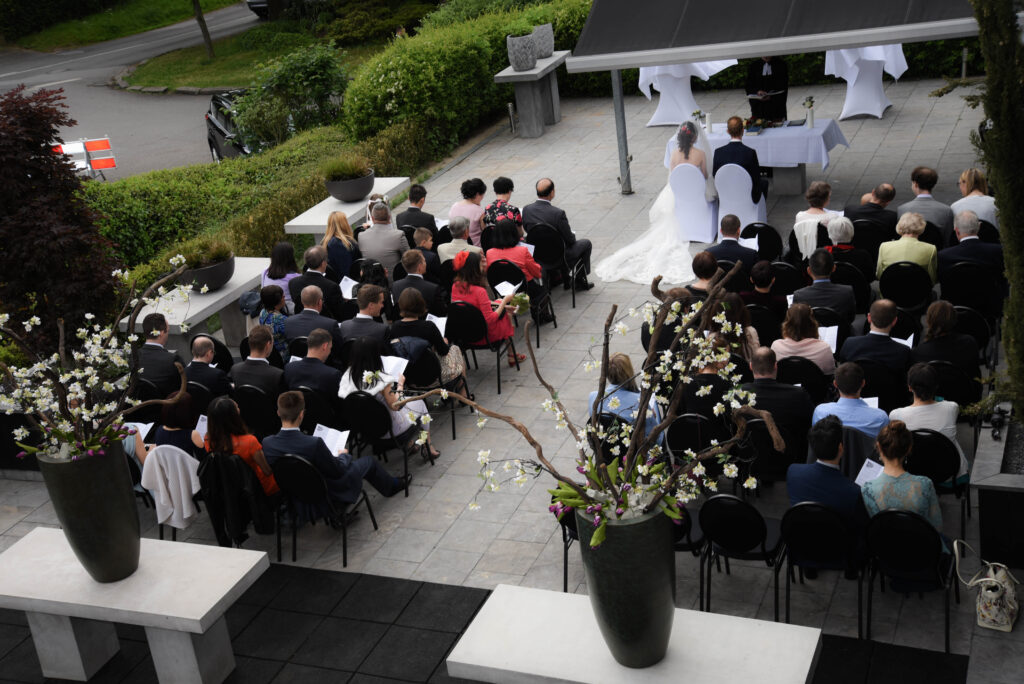
Multicultural wedding ceromony
Embracing Diversity, Navigating Challenges
In today’s globalized world, multicultural relationships are increasingly
common. These relationships bring together individuals from different cultural
backgrounds, creating unique opportunities for growth and understanding.
However, they also come with their own set of challenges and difficulties. In
this blog, we will explore the advantages and disadvantages of multicultural
relationships, highlighting both the enriching experiences and the obstacles
that couples may face.
Advantages of Multicultural Relationships
1. Cultural Enrichment
-
- Broadened Perspectives: Multicultural couples
have the opportunity to learn about and experience each other’s cultures,
traditions, and languages. This can lead to a richer and more diverse
understanding of the world. - Celebration of Diversity: Holidays,
festivals, and cultural practices from both backgrounds can be
celebrated, making family life vibrant and full of variety.
- Broadened Perspectives: Multicultural couples
2. Personal Growth
-
- Increased Tolerance and Open-mindedness:
Being in a multicultural relationship often requires partners to be more
accepting and open-minded, fostering personal growth and empathy. - Adaptability: Couples develop strong
problem-solving skills and adaptability as they navigate cultural
differences, making them more resilient and resourceful.
- Increased Tolerance and Open-mindedness:
3. Language
Skills
-
- Bilingualism: Children from multicultural
families often grow up bilingual or even multilingual, giving them a
significant advantage in today’s globalized world. - Communication Skills: Learning a partner’s
language can improve communication and deepen the bond between partners.
- Bilingualism: Children from multicultural
4. Stronger Relationship Bond
-
- Overcoming Challenges Together: The process
of overcoming cultural barriers can strengthen the bond between partners,
as they work together to understand and support each other.
- Overcoming Challenges Together: The process
Disadvantages of Multicultural Relationships
1. Communication Barriers
-
- Language Differences: Language barriers can
lead to misunderstandings and miscommunications, making it difficult to
express feelings and resolve conflicts. - Non-verbal Cues: Cultural differences in
non-verbal communication, such as body language and gestures, can also
cause confusion and misinterpretation.
- Language Differences: Language barriers can
2. Cultural Conflicts
-
- Differing Values and Beliefs: Conflicting
cultural values and beliefs can lead to disagreements on important issues
such as religion, child-rearing, and gender roles. - Family Expectations: Families may have
different expectations and traditions, which can create tension and
conflict within the relationship.
- Differing Values and Beliefs: Conflicting
3. Social Pressure and Prejudice
-
- Societal Acceptance: Multicultural couples
may face prejudice, discrimination, or lack of acceptance from society,
which can put additional strain on the relationship. - Family Disapproval: Family members may
disapprove of the relationship due to cultural biases or expectations,
leading to conflict and stress.
- Societal Acceptance: Multicultural couples
4. Identity and Belonging
-
- Struggles with Identity: Partners may
struggle with their cultural identity and feel torn between their own
culture and their partner’s culture. - Sense of Belonging: Finding a community that
accepts and supports their multicultural relationship can be challenging,
leading to feelings of isolation.
- Struggles with Identity: Partners may
Overcoming Challenges in Multicultural Relationships
1. Effective Communication
-
- Learn and Adapt: Both partners should make an
effort to learn each other’s languages and cultural norms to improve
communication and understanding. - Open Dialogue: Maintaining open and honest
communication about expectations, values, and beliefs is crucial for
resolving conflicts and building a strong relationship.
- Learn and Adapt: Both partners should make an
2. Cultural Sensitivity and Respect
-
- Celebrate Differences: Embrace and celebrate
each other’s cultural heritage, and find ways to integrate both cultures
into your daily life. - Respect Boundaries: Be respectful of each
other’s cultural boundaries and traditions, and find compromises that
work for both partners.
- Celebrate Differences: Embrace and celebrate
3. Seeking Support
-
- Professional Help: Consider seeking guidance
from a relationship coach or counselor who specializes in multicultural
relationships to navigate complex issues. - Community: Find a supportive community of
friends or groups who understand and embrace multicultural relationships.
- Professional Help: Consider seeking guidance
4. Education and Awareness
-
- Self-Education: Educate yourself about your
partner’s culture and encourage them to do the same about yours. This can
prevent misunderstandings and foster mutual respect. - Awareness: Be aware of potential biases and
prejudices, and actively work to overcome them within your relationship
and in interactions with others.
- Self-Education: Educate yourself about your
Conclusion
Multicultural relationships can be incredibly rewarding, offering
opportunities for personal growth, cultural enrichment, and stronger
relationship bonds. However, they also come with their own set of challenges,
including communication barriers, cultural conflicts, and social pressures. By
embracing cultural sensitivity, maintaining open communication, and seeking
support when needed, multicultural couples can navigate these challenges and
build a fulfilling and harmonious relationship.